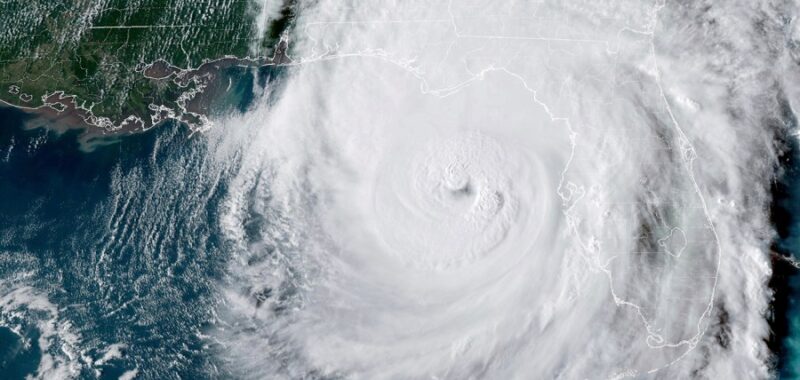
A majority of Floridians said they would prefer political candidates who back action on climate change, according to a Florida Atlantic University survey released Tuesday.
The poll, conducted before hurricanes Helene and Milton made landfall in the Sunshine State, found that 52 percent of respondents said they supported candidates who would address the issue. Pollsters found a partisan split, with 74 percent of Democrats answering in the affirmative versus 35 percent of Republicans and 39 percent of unaffiliated respondents.
Without the electoral question, pollsters found supermajority support for climate action, including 57 percent who said the state of Florida should take further action on climate impact and 67 percent who said the federal government should take further action.
The survey also found a much smaller partisan gap on support for increased use of renewable energy — 87 percent of Democrats backed more renewables, compared to 68 percent of Republicans and 66 percent of the unaffiliated.
“The partisan split on climate in Florida appears to be growing, reversing the growing consensus we’ve observed in recent years. That said, when specific climate-related actions are discussed, such as increasing the share of solar in our electricity portfolios, voters are overwhelmingly supportive,” Colin Polsky, associate vice president of Broward Campuses for FAU and a professor of geosciences within the Charles E. Schmidt College of Science, said in a statement. “Despite some climate policy progress in the face of polarization, we still need a ‘humble climate politics’ to advance to a stable trajectory of effective climate action.”
Researchers conducted the survey in English and Spanish among 1,400 Floridian adults between Sept. 4 and 6. It has a 2.53-point margin of error.
Although the survey was conducted before the most recent hurricanes, researchers have long theorized that climate change, while not necessarily increasing the number of hurricanes, is contributing to their intensity. As Atlantic waters warm, their rising temperatures contribute to wetter, stronger storms.

